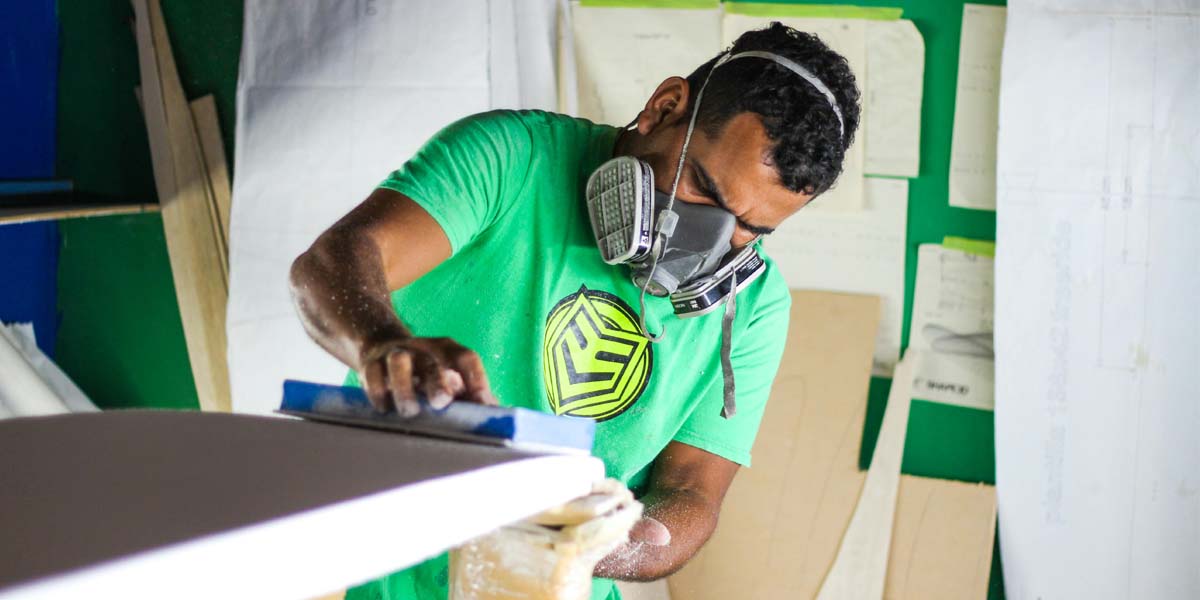In an era dominated by technology and rapid change, the skills needed for success have undergone a profound transformation. The traditional emphasis on rote memorization and standardized testing no longer suffices in preparing students for the challenges they will face in the digital age. Instead, educators must focus on fostering 21st-century skills that empower students to think critically, communicate effectively, and adapt to an ever-changing world.
21st Century Skills: Preparing Students for Success in the Digital Age
Embracing the digital age requires a comprehensive approach to education that goes beyond traditional subject areas. Here are ten essential 21st-century skills that every student needs to succeed in today’s world:
Critical Thinking and Problem Solving
In a world inundated with information, the ability to analyze, evaluate, and solve complex problems is more critical than ever. Students must learn to think critically, question assumptions, and approach challenges with creativity and resourcefulness.

Digital Literacy
With technology playing an increasingly prominent role in every aspect of society, digital literacy has become a fundamental skill. Students need to understand how to navigate digital tools, evaluate online information, and use technology responsibly and ethically.
Also read: THE FUTURE OF WORK | ADAPTING TO HYBRID MODELS AND REMOTE COLLABORATION
Communication Skills
Effective communication lies at the heart of success in the digital age. Students must learn to express themselves clearly and persuasively, both verbally and in writing. Additionally, they need to develop active listening skills and the ability to collaborate with others in virtual environments.
Collaboration and Teamwork
The ability to work collaboratively with others is essential in today’s interconnected world. Students must learn how to collaborate effectively, share ideas, and work towards common goals as part of a team, whether in-person or virtually.
Creativity and Innovation
Innovation drives progress in the digital age, making creativity a valuable skill for students to cultivate. Encouraging creativity allows students to explore new ideas, experiment with different solutions, and think outside the box to tackle complex problems.
Adaptability and Flexibility
Change is inevitable in the digital age, requiring students to be adaptable and flexible in their approach to learning and problem-solving. By embracing change and being willing to adapt, students can thrive in dynamic environments and seize new opportunities as they arise.
Also read: WINTER WHIMS | EXPLORING SEASONAL TRENDS IN FROSTY FASHION
Information Literacy
In a world awash with information, the ability to assess the credibility and relevance of sources is essential. Students need to develop strong information literacy skills to distinguish fact from fiction, evaluate sources critically, and make informed decisions.

Cultural Competency
Globalization has made cultural competence a vital skill for success in the digital age. Students must learn to appreciate diverse perspectives, navigate cultural differences, and communicate effectively in multicultural settings.
Emotional Intelligence
In addition to academic knowledge, students must develop emotional intelligence to succeed in the digital age. Emotional intelligence encompasses self-awareness, self-regulation, empathy, and social skills, enabling students to navigate interpersonal relationships and manage their emotions effectively.
Ethical Leadership
As future leaders, students must understand the ethical implications of their actions and decisions in the digital age. By cultivating ethical leadership skills, students can make responsible choices, act with integrity, and contribute positively to society.
Frequently Asked Questions (FAQs):
What are 21st-century skills? 21st-century skills refer to a set of abilities that are essential for success in the modern world, including critical thinking, digital literacy, communication, collaboration, creativity, adaptability, and cultural competency, among others.
Why are 21st-century skills important? In today’s rapidly evolving digital landscape, traditional skills alone are insufficient to prepare students for success. 21st-century skills are essential for navigating the complexities of the digital age, fostering innovation, and thriving in a globalized world.
How can educators promote 21st-century skills in the classroom? Educators can promote 21st-century skills by integrating them into the curriculum, providing opportunities for hands-on learning and collaboration, leveraging technology to enhance learning experiences, and fostering a culture of innovation and creativity in the classroom.
What role do parents play in developing 21st-century skills? Parents play a crucial role in supporting the development of 21st-century skills by encouraging curiosity, creativity, and critical thinking at home, modeling positive digital behavior, and providing access to educational resources and experiences that promote skill development.
How can students enhance their 21st-century skills outside of school? Students can enhance their 21st-century skills outside of school by pursuing hobbies and interests that encourage creativity, critical thinking, and problem-solving, participating in extracurricular activities, volunteering in their communities, and seeking out opportunities for hands-on learning and skill development.
What is the future of 21st-century skills in education? The future of education lies in equipping students with the skills they need to thrive in an increasingly complex and interconnected world. As technology continues to evolve and globalization accelerates, the demand for 21st-century skills will only continue to grow, making them indispensable for success in the digital age.
Conclusion:
In conclusion, preparing students for success in the digital age requires a concerted effort to cultivate 21st-century skills that empower them to thrive in a rapidly changing world. By prioritizing the development of critical thinking, digital literacy, communication, collaboration, creativity, adaptability, and other essential skills, educators can ensure that students are well-equipped to navigate the challenges and opportunities of the 21st century.
Remember, the future belongs to those who can innovate, collaborate, and adapt in the face of uncertainty. By investing in the development of 21st-century skills, we can empower students to achieve their full potential and become lifelong learners and leaders in the digital age.